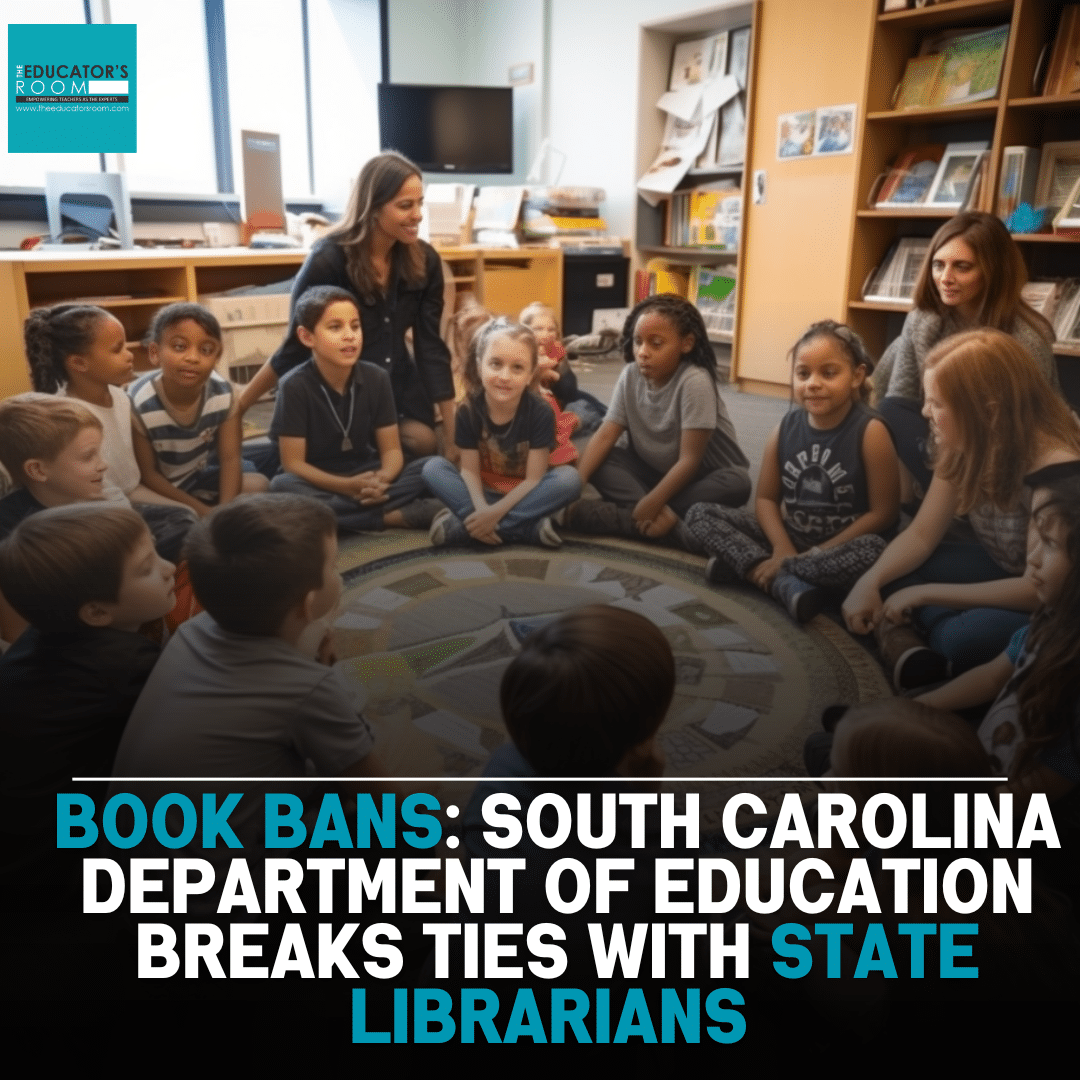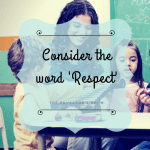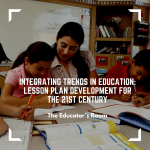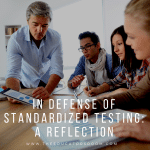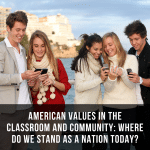The most recent controversy concerning the state of South Carolina and book bans happened recently with the State Superintendent Ellen Weaver touches on school libraries and policies. The state superintendent recently severed ties between the South Carolina Department of Education and SCASL (South Carolina Association of School Librarians), ending a 50-year partnership. The break with the South Carolina school librarians’ group has caused a wave of talk amongst the state, including many upset educators.
However controversial this break is, book bans have become the trend in not just states like South Carolina. A recent report from PEN America concludes, “Since the start of the 2022-2023 school year — July 1 through December 30, 2023 — PEN America recorded 1,477 separate instances of book bans across the country. This includes 874 unique titles in 182 school districts and 37 states.”
These numbers are only going up, with South Carolina in the lead of the pack.
In Weaver’s official letter that was released on Aug. 25, 2023, the superintendent states that several recent communications from the library association are undermining the state’s goal of providing developmentally appropriate reading materials to students. Weaver wrote, “ When SCASL labels those efforts as bans, censorship, or a violation of educators’ intellectual freedom, the result is a more hostile environment which does not serve the needs of students.”
A Dangerous Precedent
Many educators believe banning books sets a dangerous precedent, no matter where you fall politically- and that school libraries should have a wide variety and range of topics available for all students to read. However, many others fully believe that it is critical that the materials that are used remain developmentally appropriate and that the community should be vested in the decision-making process.
- But there remains the question of what these book bans mean to librarians and educators. Whose job is it to ensure that school library books and materials are developmentally appropriate- and to question what is developmentally appropriate?
- Should it be a state or district decision? A collaboration with schools and the parental community?
According to Weaver’s letter to the president of SCASL, she believes, “A cooperative approach among parents, administrators, teachers, school staff businesses and faith and community organizations is the only way we will achieve the ambitious goals we have for the students of the state.”
How will these bans affect teaching and learning?
Several years ago, I taught at the high school level, working primarily with students who were struggling readers. I focused on many beginning reading foundational skills that would help to strengthen students’ literacy levels. One initiative I focused on was creating a classroom library for students to check out. My thought process was that if they had material that interested them (reading just for fun), it would help to develop a better love for reading and not just focus on “school reading,” as a student once told me.
Luckily, I wrote a grant, received some funding, and then got to work. I gave all my students interest inventories and decided which topics/genres would best suit them. I had all kinds of literature, including books, magazines, graphic novels, newspapers, etc. One particular series I reluctantly bought was the Walking Dead comic book series. It was a bit of a controversy with a fellow colleague because of the well, let’s say, sensitive nature of the series, along with some occasional profanity. But I insisted that it was okay and gave the green light for students to start checking out books. These were some tough students, and I needed to find some high-interest, low-level material that would keep them engaged and wanting to continue their reading goals.
After a couple of days, I noticed something- not only were my students checking out these books and more, but they started to dive into other subject areas. Soon, there was even a waitlist for certain books. One of my lowest readers was checking out books and segmenting and blending his words! Sure, some of those passages may have had occasional profanity, but he was reading! Something that he had not done before! This particular student moved up 4-grade levels in just one year and checked out almost every single one of the books in my classroom library. While we want our students to have developmentally appropriate material, but, we have to use books and literacy strategies that “speak” to our students in ways that will continue their growth and development.
Where do schools stand with book bans?
Schools now stand at a critical point in this heated debate. As more and more books are being removed from shelves, students, teachers, librarians, community members, and even publishers are seeing the effects. Many teachers, parents, and residents have been eager to voice their concerns, regardless of their preferred direction. From making phone calls to attending school board meetings and contacting state representatives, many are doing what they can to be seen and heard.
*Update as of Aug. 31st: The SCASL has requested a meeting with State Superintendent Ellen Weaver to discuss possible solutions.
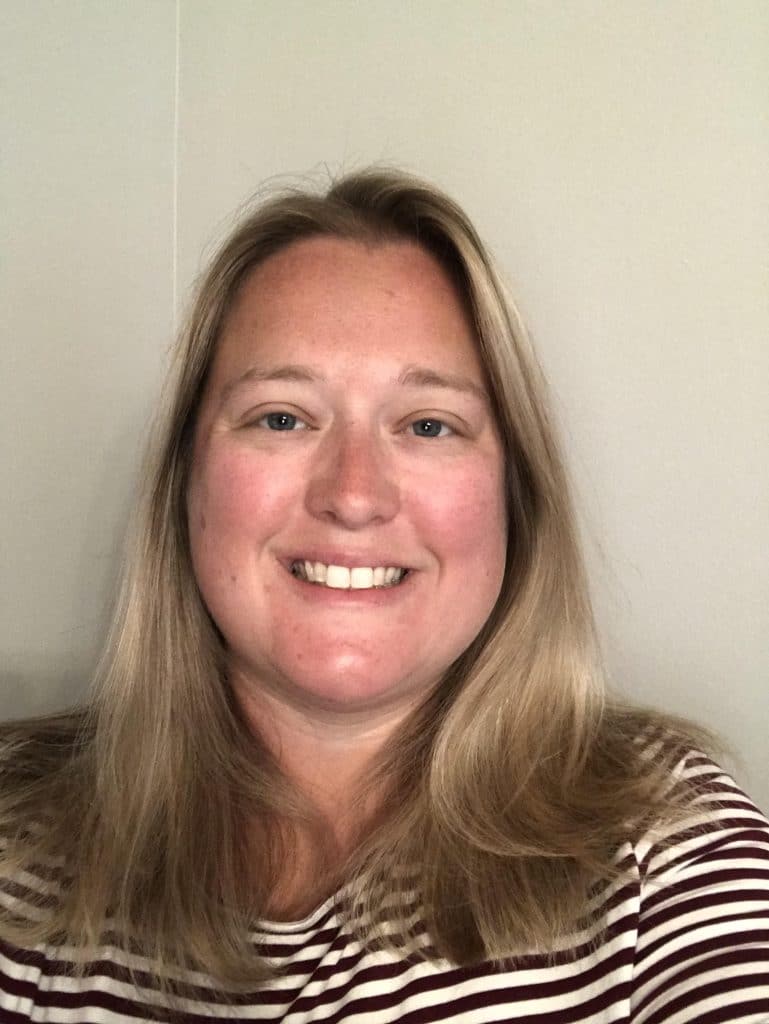
Crystal P. Cunningham has worked in education for over 18 years. She has been in roles such as educator, reading specialist, literacy interventionist, assistant director and business owner. She is passionate about all things literacy. Crystal is a mother to two, wife to one and resides in South Carolina.

